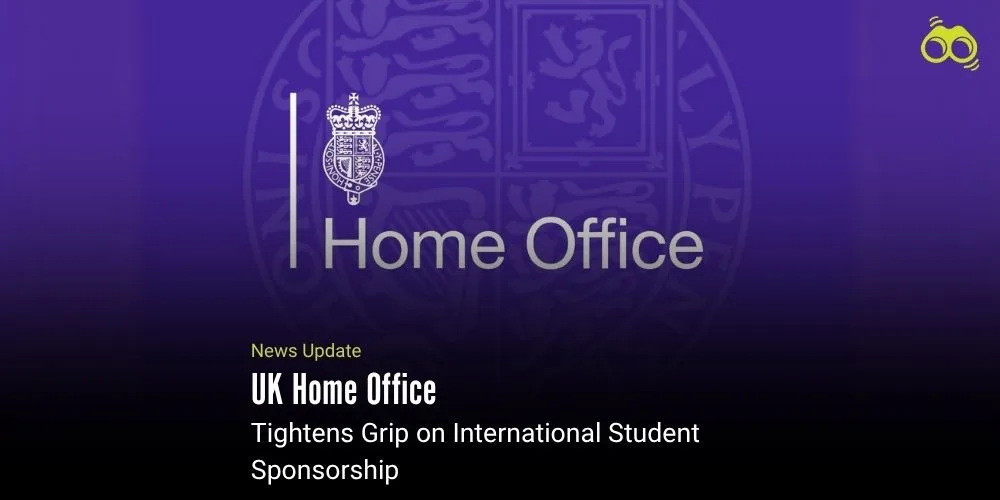UK Home Office Enforces Stricter Sponsorship Standards for International Students
Compliance Crackdown: Five UK Universities Under Formal Visa Scrutiny
The UK Home Office has intensified its compliance oversight, resulting in a growing number of universities being placed under formal student visa action plans. This decisive move by UK Visas and Immigration (UKVI) reflects a strengthened regulatory approach aimed at ensuring that institutions uphold their sponsorship obligations amid mounting concerns regarding immigration integrity. Universities are now being assessed against three critical metrics: visa refusal rates, enrolment consistency, and course completion outcomes. Specifically, institutions must maintain a visa refusal rate of less than 10 per cent, an enrollment rate of at least 90 per cent, and a course completion rate of no less than 85 per cent. Failure to meet these thresholds may lead to the imposition of corrective action plans, thereby placing their licence to sponsor international students at risk.
According to a recent article in Times Higher Education, Jonathan Hill, Senior Manager at Fragomen, attributed the rise in action plans to lingering post-COVID data irregularities, as well as an increase in asylum claims linked to certain institutions. He further observed that UKVI has intensified its audit procedures, which have resulted in formal interventions where universities fall short of the prescribed benchmarks. As of August 2025, at least five universities are confirmed to be under UKVI action plans. These include the University of Essex, Glasgow Caledonian University, De Montfort University, Nottingham Trent University, and the University of Central Lancashire (UCLan), which is currently undergoing rebranding as the University of Lancashire.
Although Labour’s May 2025 immigration White Paper, Restoring Control Over the Immigration System, has not yet formally amended the compliance thresholds, its emphasis on more stringent standards appears to be influencing UKVI’s current enforcement strategy. The proposed benchmarks—namely, a visa refusal rate of less than 5 per cent, an enrolment rate of at least 95 per cent, and a course completion rate of 90 per cent—suggest that a more rigorous framework may soon be implemented.
Sector experts have expressed concern that the increasing regulatory pressure may compel universities to curtail recruitment from countries deemed “high risk,” thereby limiting access for students from regions such as Africa and South Asia. Critics caution that this shift risks positioning academic institutions as de facto border control agents, raising broader questions about equity and the long-term future of international education in the United Kingdom. In light of these developments, the evolving landscape calls for a balanced approach that safeguards compliance without compromising global academic inclusion.
Editor’s Note:
The recent escalation in compliance measures by UK Visas and Immigration marks a significant shift in how universities are held accountable for their sponsorship of international students. While the intent is to uphold immigration integrity, the growing number of institutions placed under formal action plans signals a tightening regulatory environment that warrants close attention. Universities must understand the implications of these metrics, not only for their operational licences but also for their reputation and ability to attract global talent. At the same time, the sector must remain mindful of the broader impact on equity and access. As compliance thresholds become more stringent, there is a real risk that students from certain regions may face reduced opportunities to study in the UK.
Skoobuzz believes that this development raises important questions about how institutions can balance regulatory obligations with their commitment to inclusive education. A fair and transparent approach will be key to maintaining the UK’s standing as a welcoming destination for international learners.














0 Comments (Please Login To Continue)